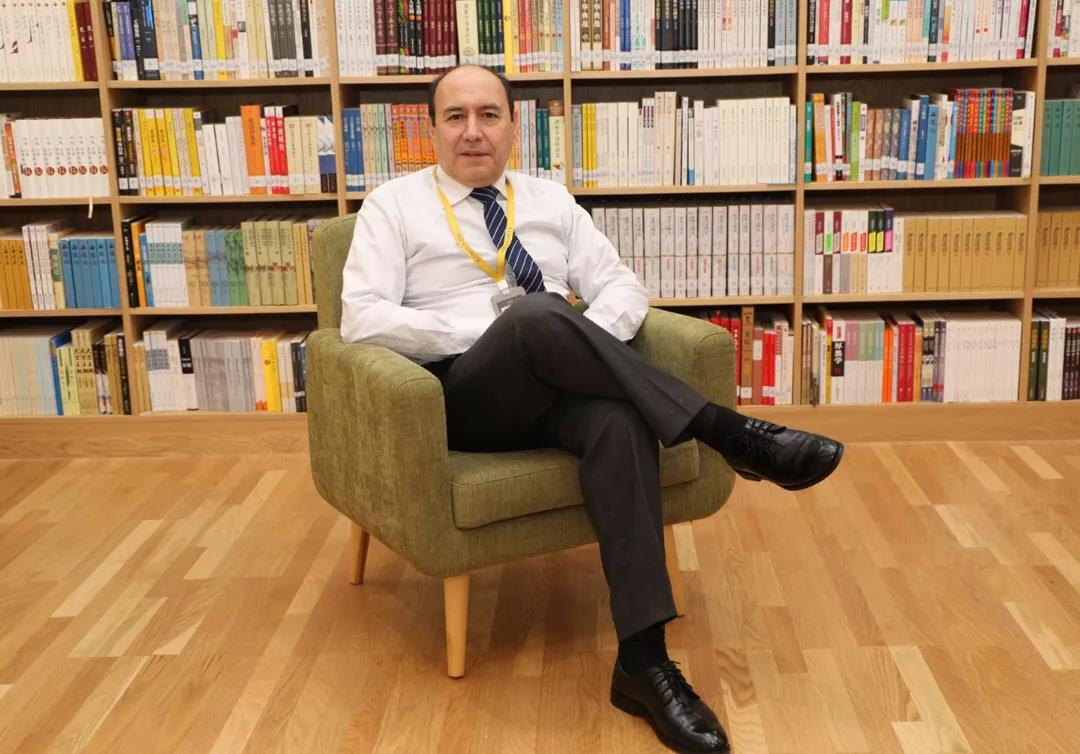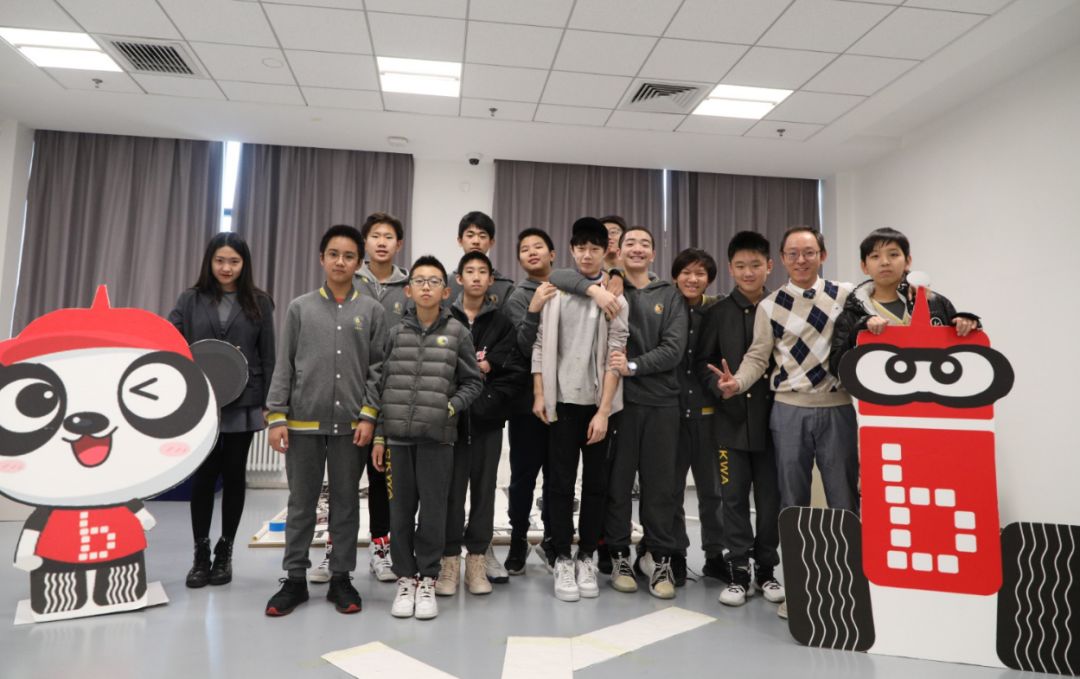As one of three featured CKWA programs, STEM program has been continuously receiving good news. The paper written by doctor Edward and G9 Sophia Li has been published in the leading international science journal on European Pharmacology and Toxicology, ECPT for short. In the meantime, Kaiwen pupils who competed at the RoboRave Robotics Competition in Japan showed their leadership skills in action as they presented their work confidently to an international audience. Amongst an entry of over 500 students, the secondary team achieved second place in the ‘line following’ category, whilst our primary team was also one of eight schools placed in the top category.

According to Dr. Edward, ECPT is an international peer review periodical published in London, UK. The joint work of CKWA teachers and students focuses on the topic of Endocrine Disruptors, Novel Pharmaceuticals and Artificial Enzymes. Sophia Li, who joined CKWA since last year, has shared her understanding of how to develop thinking skills and comprehend science concept. In this project, Sophia has recognized the importance of the rotation of bonds in the interaction of macromolecules, and the performance limitation of computer programs regarding this area. She believes that new software should be developed to simulate the interaction between macromolecules and rotatable bonds.
In the interview with Dr Edward, he shared with us that he was very impressed with the learning motives of students in CKWA STEM program. Sophia is not the only student who has achieved some success in STEM area. For example, Jason is very good at analyzing the three-dimensional computer model of protein and proved his ability in last year’s STEM week report. Chris excels in specific area that combines with chemistry.

CKWA Hugo Robotics Club was established in the March of 2018 and led by Mr Forrest Hao. Programming talents, setting-up experts and little project managers get together for their love to science. Because of passion in science, these students grow in collaboration and friction, and constantly improve their and team performance.
In the interview with Mr Hao, he told us that the school, teachers, parents and students have invested a lot in energy and cost for the robotics competition. Maybe many people still focus on the result, but the success of children cannot be measured by an award. The most precious part is what they have experienced and how they mature in thinking and attitude through this process.
Mr Hao also believed that when one reaches a certain level in the learning of a subject, they will grasp the way of thinking in this subject, that is the form of the cognition model. Learning multiple subjects deeply enable learners to think from the perspective of multiple subjects. In this process, different ideas will collide, and thinking skills will be enhanced. This is the meaning and value of cross-discipline learning. CKWA Hugo Robotics Club takes PBL (Project Based Learning) as the teaching approach, and leads students to develop skills in physics mechanic design, program logic algorithm and critical path method, etc. We aim to develop children in a balanced way, not only in subject knowledge, but also in team work, leadership skills and executive ability. These are all learning outcomes of our club.
Scientists of the new generation must understand Math, Physics, Computer, Chemistry and Biology at the same time and know how to pull them all together. This is a big challenge, but challenges bring new opportunities. STEM program has provided such opportunities for those who dream to be scientists in the future. In CKWA STEM program, students have the freedom to develop their independent thinking skills in first-handed research, will be able to deeply understand and integrate the knowledge of all subjects.

